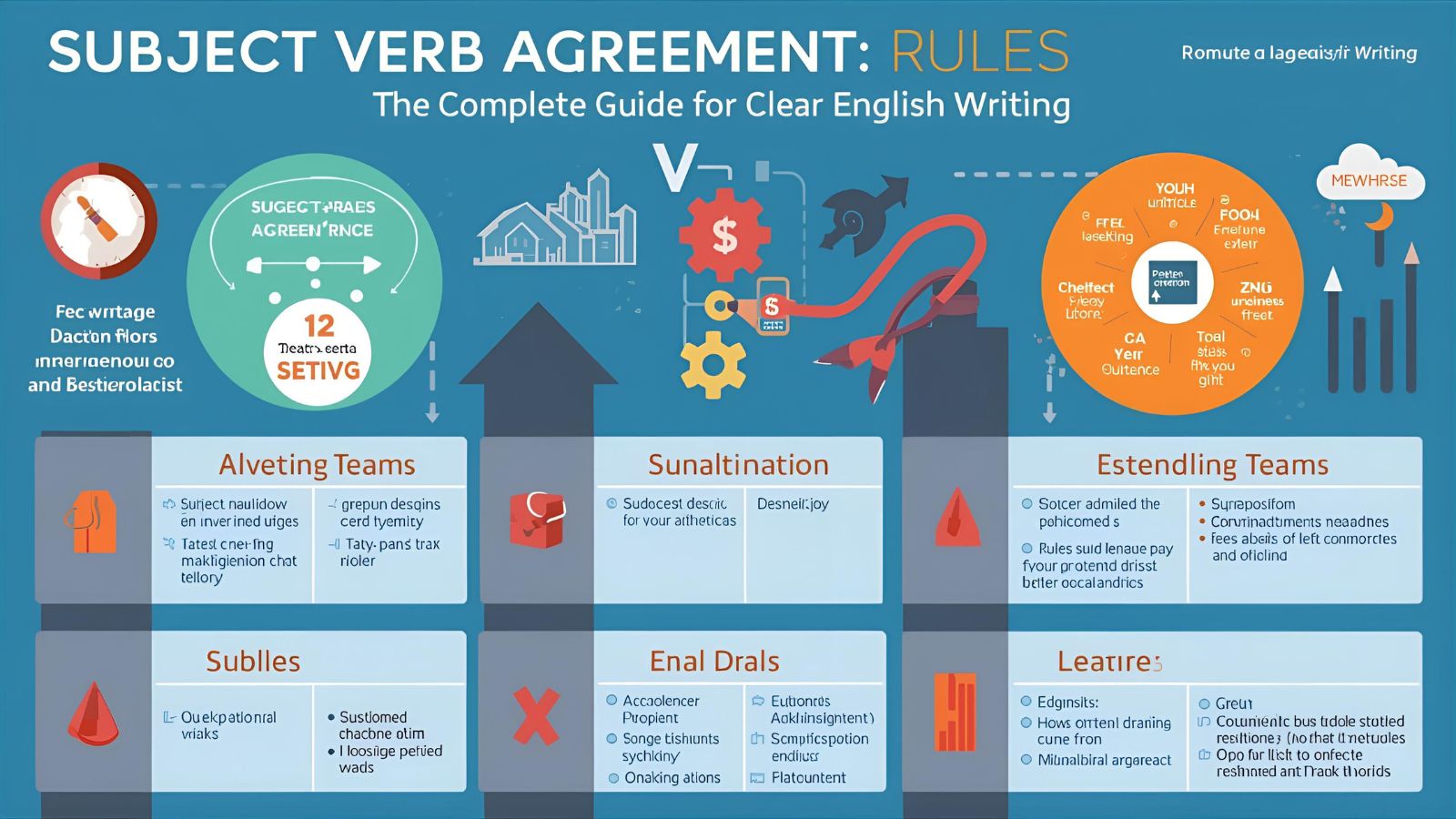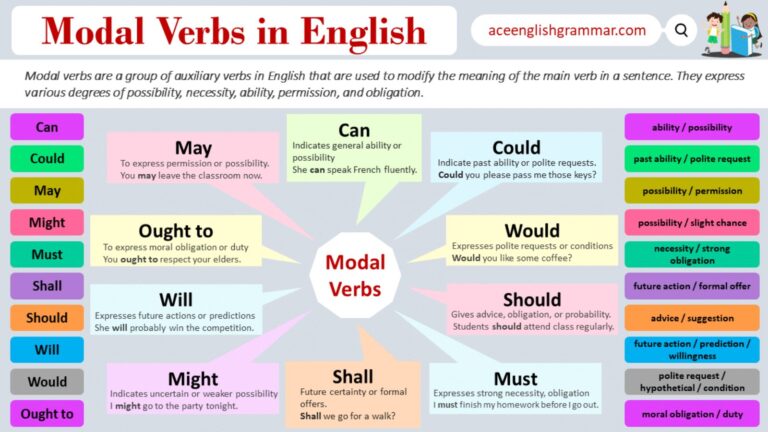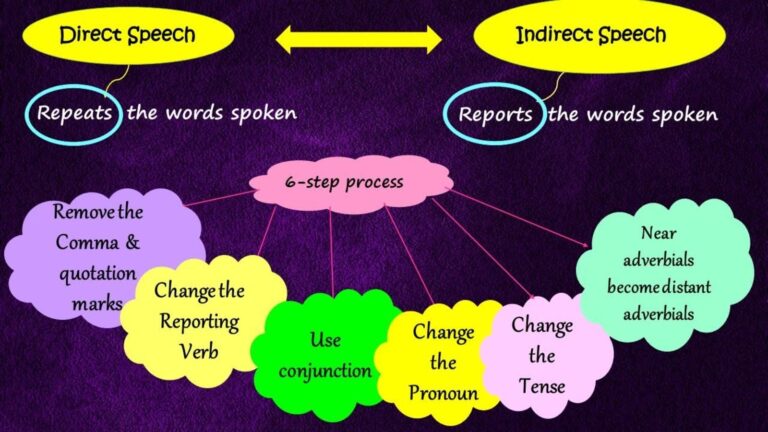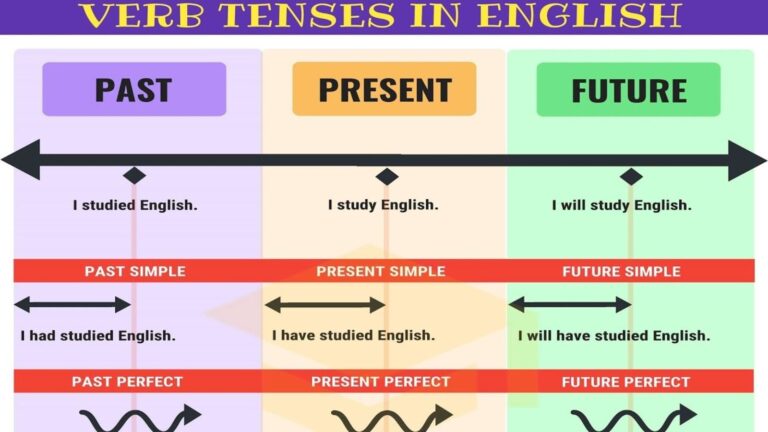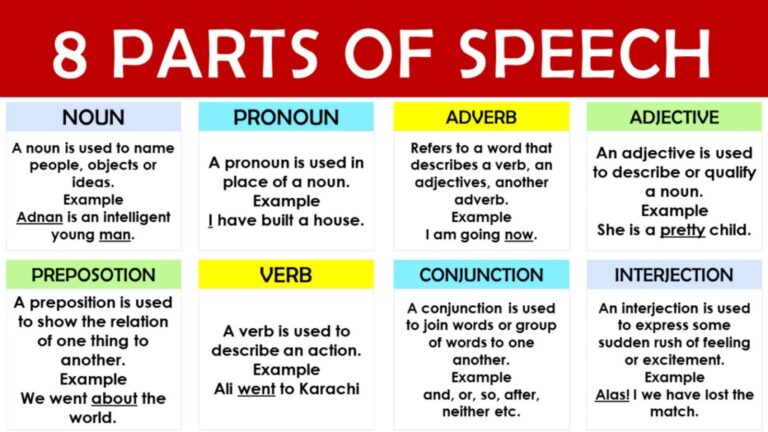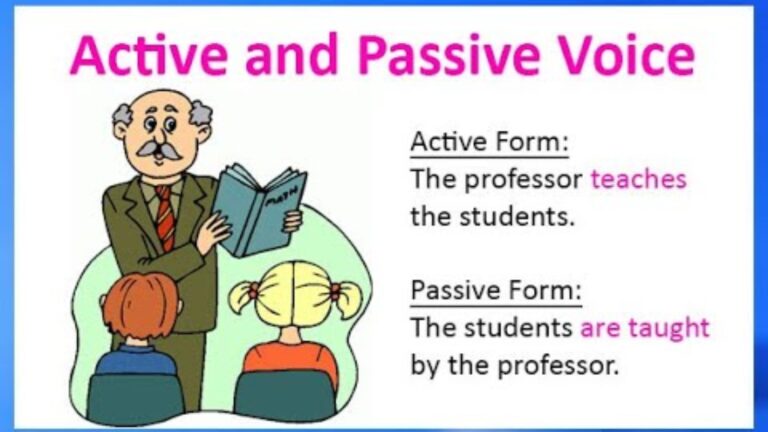122+Subject Verb Agreement Rules: The Complete Guide for Clear English Writing(2026)
One of the most common challenges English learners face is subject-verb agreement. If you’ve ever wondered whether to say “He play football” or “He plays football,” you’re not alone. Every day, students, professionals, and writers search for subject verb agreement rules because they want to avoid embarrassing grammar mistakes in emails, essays, and even job applications.
This confusion happens because English grammar has many exceptions. While the general rule is that a singular subject takes a singular verb and a plural subject takes a plural verb, real usage can be tricky. Words like “everyone,” “data,” or “the team” often cause doubt.
In this article, we’ll give you a quick answer, explore the origin of subject-verb agreement, compare British and American English, look at common mistakes, and show practical examples. By the end, you’ll have a clear roadmap to use subject verb agreement rules with confidence.
Subject Verb Agreement Rules – Quick Answer
Definition: Subject-verb agreement means the subject (who or what does the action) must match the verb (the action) in number.
👉 Examples:
- She runs every morning. (singular subject → singular verb)
- They run every morning. (plural subject → plural verb)
Simple rule: Singular subject = singular verb. Plural subject = plural verb.
The Origin of Subject Verb Agreement Rules
The idea of matching subject and verb comes from Latin and Old English grammar traditions. Early English used many verb endings to show agreement. Over time, English simplified, but a few agreement forms remain—mainly adding “-s” for third person singular (he, she, it).
That’s why we say:
- I run
- He runs
Although English lost many old inflections, subject-verb agreement stayed as a key rule for clarity.
British English vs American English Usage
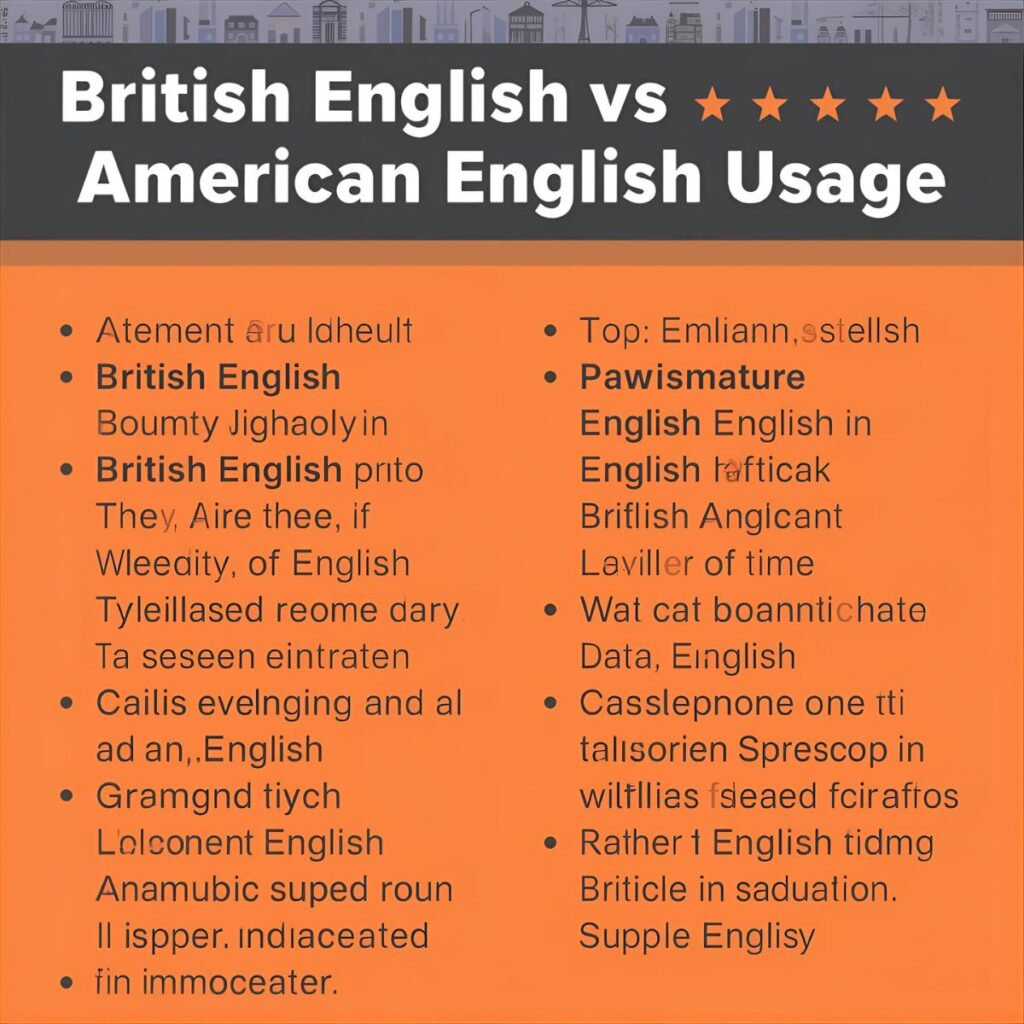
While the rules are mostly the same, British English and American English differ in collective nouns and some tricky words.
| Word/Expression | British English | American English | Example |
|---|---|---|---|
| The team | Singular or plural | Usually singular | UK: “The team are winning.” US: “The team is winning.” |
| Data | Plural (“data are”) | Often singular (“data is”) | “The data are/is clear.” |
| None | Can be singular or plural | Usually singular | “None is/are available.” |
Which Usage Should You Follow?
- If your audience is American: Use singular verbs with collective nouns (team is, government is).
- If your audience is British/Commonwealth: Both singular and plural are correct, but plural is common in newspapers.
- For global audiences: Stick to American usage. It is easier and more widely accepted online.
Common Mistakes with Subject Verb Agreement Rules
- Using plural verbs with singular subjects
❌ She walk to school.
✔ She walks to school. - Confusion with “everyone/everybody”
❌ Everyone are happy.
✔ Everyone is happy. - Forgetting about phrases between subject and verb
❌ The book, along with notes, are on the table.
✔ The book, along with notes, is on the table. - Collective nouns
❌ The team is divided in UK English (wrong in context).
✔ The team are divided (UK).
Subject Verb Agreement Rules in Everyday Examples
- Emails: “The report shows our progress.”
- News: “The government is taking action.” (US) / “The government are taking action.” (UK)
- Social Media: “Everyone is talking about the movie.”
- Formal Writing: “The data are analyzed carefully.”
Subject Verb Agreement Rules – Google Trends & Usage Data
Google Trends shows strong interest in “subject verb agreement rules” in countries like India, Philippines, Pakistan, and Nigeria—places where English is a second language and grammar exams are common.
| Country | Search Interest | Context |
|---|---|---|
| India | Very High | Competitive exams, school tests |
| Philippines | High | ESL learning |
| USA | Medium | School grammar help |
| UK | Medium | IELTS/academic writing |
| Nigeria | High | University entrance prep |
This shows learners worldwide want clarity on this grammar rule for both daily and academic use.
Comparison Table: Subject-Verb Agreement Variations
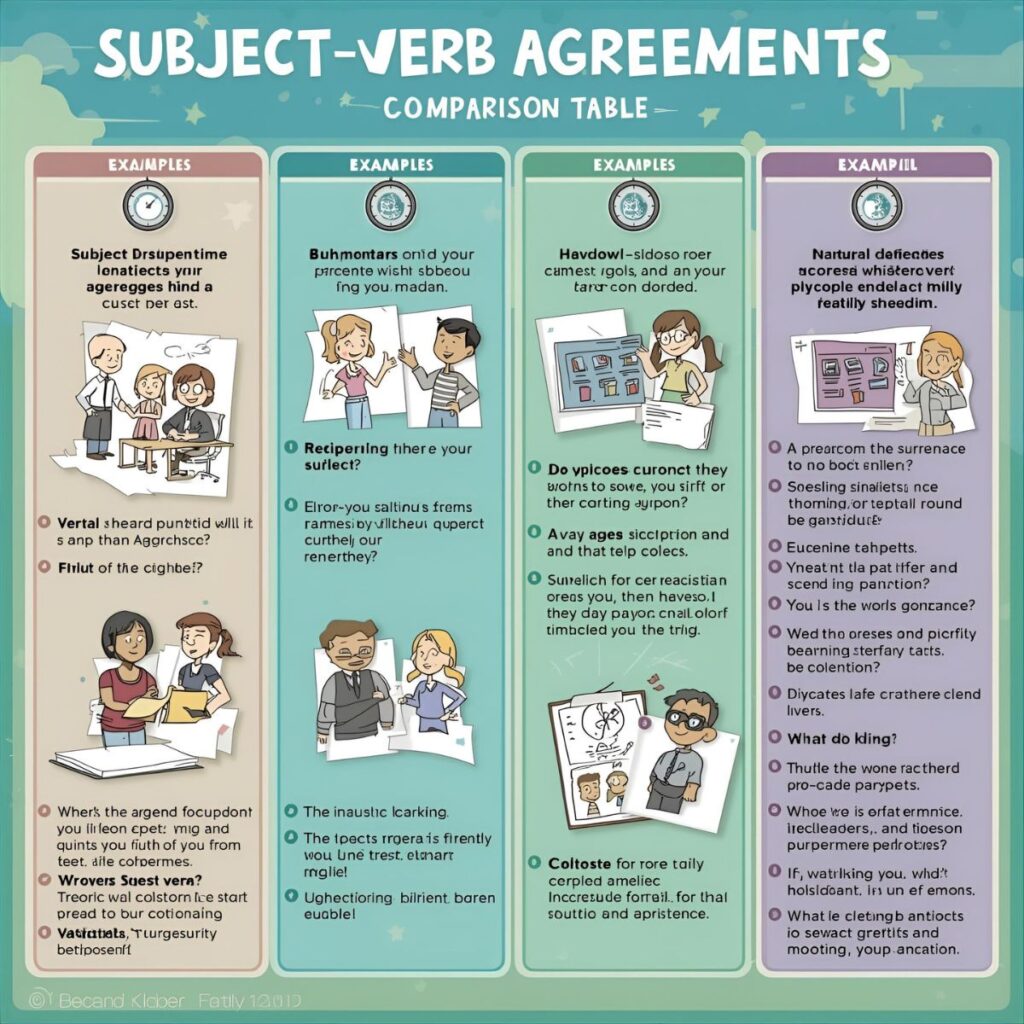
| Subject | Correct Verb | Wrong Verb |
|---|---|---|
| He | runs | run |
| They | run | runs |
| Everyone | is | are |
| Data (US) | is | are |
| Data (UK) | are | is |
FAQs
1. What is the golden rule of subject verb agreement?
A singular subject takes a singular verb, and a plural subject takes a plural verb.
2. Does British English allow plural verbs with collective nouns?
Yes. “The team are winning” is correct in UK English.
3. Is “data” singular or plural?
US: singular (data is). UK: plural (data are).
4. Does “none” take a singular or plural verb?
Both are possible, but singular is more common in American English.
5. Do subject verb agreement rules apply in questions?
Yes. Example: “Does she play?” not “Do she play?”
6. How do subject verb agreement rules apply to “either/or” sentences?
The verb agrees with the subject closer to it. Example: “Either the teacher or the students are here.”
7. Do subject verb agreement rules change in formal writing?
Yes. In formal writing, stricter rules apply (e.g., “data are” in academic research).
Conclusion
The search for “subject verb agreement rules” reflects the need for clear, error-free English communication. These rules ensure that subjects and verbs match in number, making sentences easy to understand. While the general rule is simple—singular subject with singular verb, plural subject with plural verb—real-world usage adds complexity. Words like “everyone,” “team,” and “data” often confuse learners, especially with differences between British and American English.
For international writing, following American English (singular for collective nouns and “data is”) is safest. For local audiences, adapt your usage accordingly. Avoid common mistakes, pay attention to tricky words, and always recheck your sentences.
By mastering subject verb agreement rules, you’ll write with clarity, professionalism, and confidence—whether in exams, business, or everyday life.

